Beautiful and Necessary: The Empowerment of “That Scene” at the end of Avengers: Endgame
I am now four days out from my first and, so far, only viewing of Avengers: Endgame and I have thought about it every single day. My mind keeps drifting back to it, mulling it over, remembering moments that moved me, marveling at the storytelling that so captured and swept me up for those short three hours. One of the scenes that keeps drawing me back, both to re-experience my initial reaction and to consider it more deeply, took up probably less than 2 minutes of screen time but is unsurprisingly at the center of discussion and controversy: the “Women Got This” moment, as some are calling it.
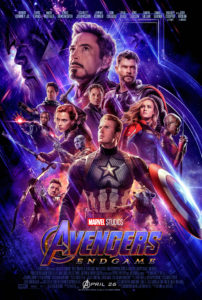 Spoiler alert: The following article contains spoilers for the final act of Avengers: Endgame.
Spoiler alert: The following article contains spoilers for the final act of Avengers: Endgame.
Overwhelmingly, there seem to be two sides to the argument: “That was beautiful and moving” vs. “cue eye roll.” Myself, I’m on board with Camp A, but as obvious as that might seem to some (being a woman and all) it was actually a surprise to me.
It wasn’t that long ago that I was joining the throngs of voices wondering aloud why we needed a Wonder Woman movie, or vehemently opposing the first-in-50-years female doctor in Doctor Who. I sympathized with the sentiment that storytelling shouldn’t pander to viewers or make political statements. But then, I saw Wonder Woman and I began to understand. Early in the film, watching an army of beautiful, strong women fight skillfully alongside one another, I was surprised to feel the sting of tears in my eyes as the back of my throat constricted. “Why am I crying?” I wondered. After the film, that question would eventually morph into the statement, “I never knew I needed to see a movie like that.” Over more recent years, I’ve been shocked to discover how deeply I have been affected by the entertainment I consume and its messaging about what women are like and what it means to be a woman. In all the strides I’ve made to think critically about what I see, damaging ideas always manage to slip under the radar and embed themselves into my thinking.
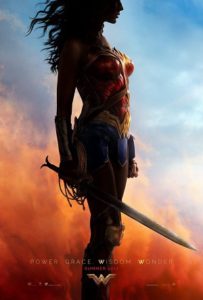 That Endgame scene—so short you could blink and miss it—was enough to bring a sob to my throat. How is it that once again, I was surprised to have responded so immediately and so strongly? As I reflect on my reaction, it isn’t surprising at all to find myself so moved. Here’s what that one image said to me: You belong here. You are worthy. You are capable. You don’t have to be anything but what you are to be of value. Represented in that shot was a variety of women with different skills, strengths, backgrounds, personalities, callings, and capabilities. I know their stories because Marvel has made a point to tell them well, and I had been paying attention. That richness that had come before was infused into the Endgame moment that brought these women together in a united purpose. It was exhilarating to see them not isolated in their individual stories, surrounded by an inevitable majority of men, but together in force.
That Endgame scene—so short you could blink and miss it—was enough to bring a sob to my throat. How is it that once again, I was surprised to have responded so immediately and so strongly? As I reflect on my reaction, it isn’t surprising at all to find myself so moved. Here’s what that one image said to me: You belong here. You are worthy. You are capable. You don’t have to be anything but what you are to be of value. Represented in that shot was a variety of women with different skills, strengths, backgrounds, personalities, callings, and capabilities. I know their stories because Marvel has made a point to tell them well, and I had been paying attention. That richness that had come before was infused into the Endgame moment that brought these women together in a united purpose. It was exhilarating to see them not isolated in their individual stories, surrounded by an inevitable majority of men, but together in force.
How can I explain it to those of you who didn’t feel it? To those who can’t enter into that moment? I’m not even sure if it’s possible. But here’s where I’m coming from: It’s rare to see someone at the center of a story in whom I recognize myself. Sure, I can identify with male heroes. It’s not impossible. I’ve done it my whole life. I can relate to their motivations, can feel inspired by their stories. You can tell me all day there’s nothing stopping me from putting myself in those shoes and becoming the hero, but actions speak louder than words. If the overwhelming cultural narrative about my gender is distilled in that image of the damsel in distress, clutching her chest while passively waiting for rescue from a man, how am I to believe that I can be anything beyond that? Similarly, all of my life, I have been told by those who are close to me and love me that I am beautiful, but unceasingly, I am told by the outside world that true beauty looks nothing like me (size, shape, weight, skin tone, age, hair color, hair style, eye shape, foot size and on and on and on). My poor parents: they can tell me I’m beautiful till they run out of breath, but what are their words compared to such a body of counter-evidence?
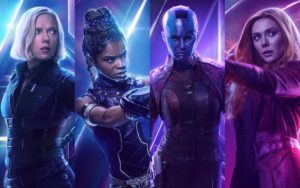 When Endgame took a moment (because let’s not forget the infinitesimal amount of time this scene took in the film) to present an image of women whose diversity, power, and meaning was utterly apart from maleness, I felt personally honored and overwhelmed by my own divine significance and its possibilities. (I’m literally getting goosebumps as I write these words.) Every time I see something like this, it tells me that those things I know to be true about myself and the women I encounter are not just fabrications of my mind: they are actual, verifiable and recognized truths. There is great power in being acknowledged.
When Endgame took a moment (because let’s not forget the infinitesimal amount of time this scene took in the film) to present an image of women whose diversity, power, and meaning was utterly apart from maleness, I felt personally honored and overwhelmed by my own divine significance and its possibilities. (I’m literally getting goosebumps as I write these words.) Every time I see something like this, it tells me that those things I know to be true about myself and the women I encounter are not just fabrications of my mind: they are actual, verifiable and recognized truths. There is great power in being acknowledged.
It might seem silly to some (and if the internet is to be believed, angering to others) to find a movement of female empowerment in superhero movies. But indeed, it seems to have been a perfect place for it to happen. In the Marvel films, in a universe where anything can happen, even the most implausible of things, women heroes can slide easily in the believability of the world; whereas, in other stories or settings, there seems to be a need to explain or qualify why a woman is at the center of things, on equal footing with her male counterparts, or how it can be believed that she might be strong or intelligent or heroic. Outside the fantasy world, we often spend a lot of time focusing on the woman’s fight for credibility—there’s no time afterwards to focus on the things she might have accomplished if she could have just got on with it in the first place.
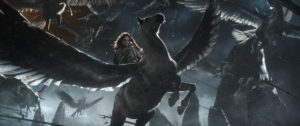 It seems to me that as film and TV solidify their place as the pervasive medium of our society, parents are eager (desperate, even) for their children to see a truer and more diverse representation of women. It is essential to my husband and me that both our daughter and our sons see that women can be more than one thing, fulfilling more than one role, and always with significance and value as a human being that originates from the soul within, not as defined by the things and people around her. Otherwise, the same thing will happen to my daughter which has happened to me: my words of empowerment will be unable to overcome the sheer amount of negative messaging she is receiving from the outside world about who she is and what she’s worth. So yeah, I’m going to fight fiercely for the beauty and, indeed the need, of “Women Got This” moments in Endgame and beyond.
It seems to me that as film and TV solidify their place as the pervasive medium of our society, parents are eager (desperate, even) for their children to see a truer and more diverse representation of women. It is essential to my husband and me that both our daughter and our sons see that women can be more than one thing, fulfilling more than one role, and always with significance and value as a human being that originates from the soul within, not as defined by the things and people around her. Otherwise, the same thing will happen to my daughter which has happened to me: my words of empowerment will be unable to overcome the sheer amount of negative messaging she is receiving from the outside world about who she is and what she’s worth. So yeah, I’m going to fight fiercely for the beauty and, indeed the need, of “Women Got This” moments in Endgame and beyond.


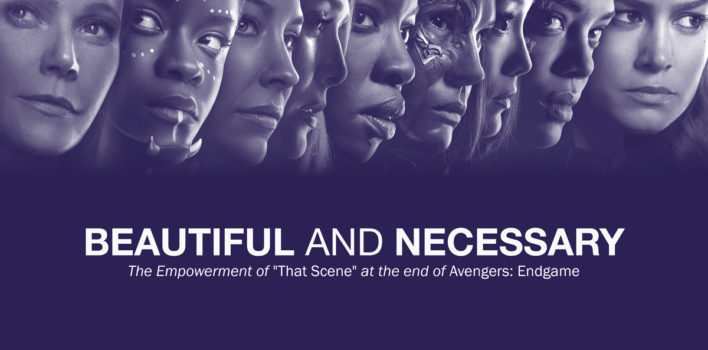
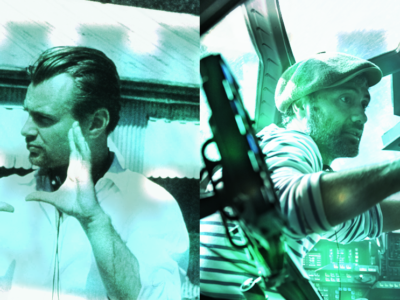
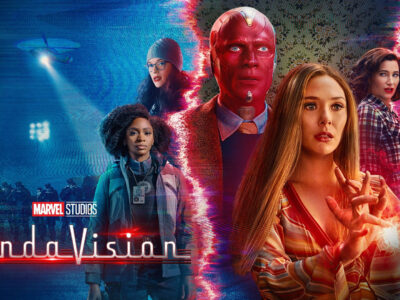
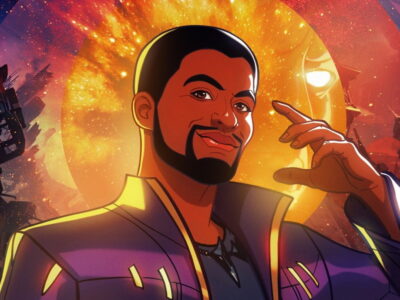


Pingback: #201 – Avengers: Endgame and Finishing Well | Reel World Theology